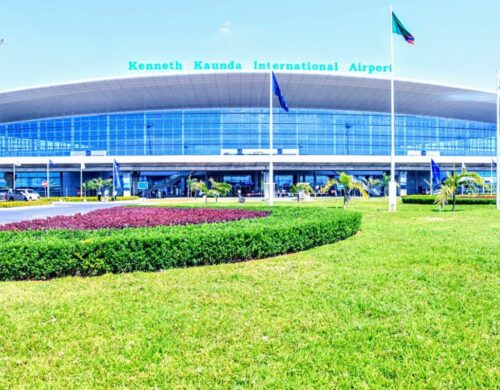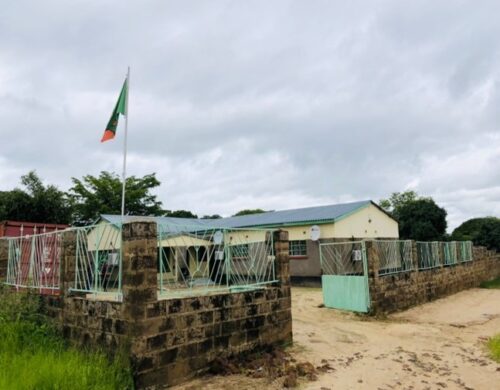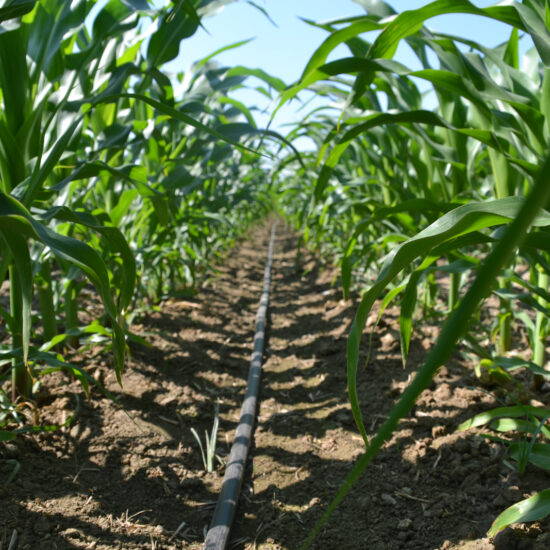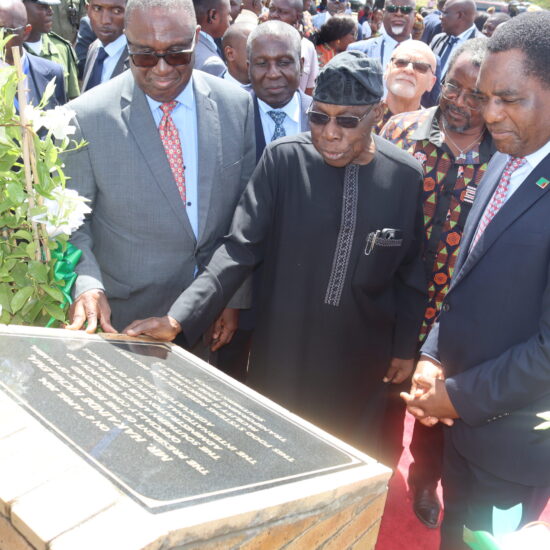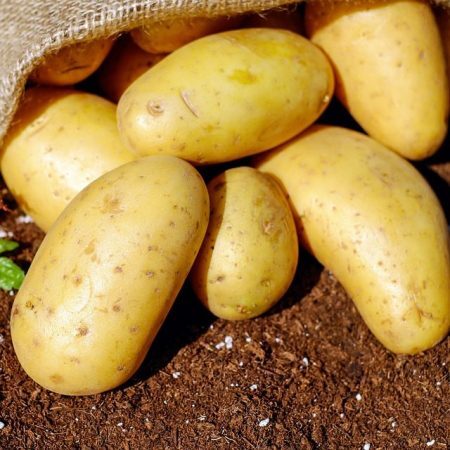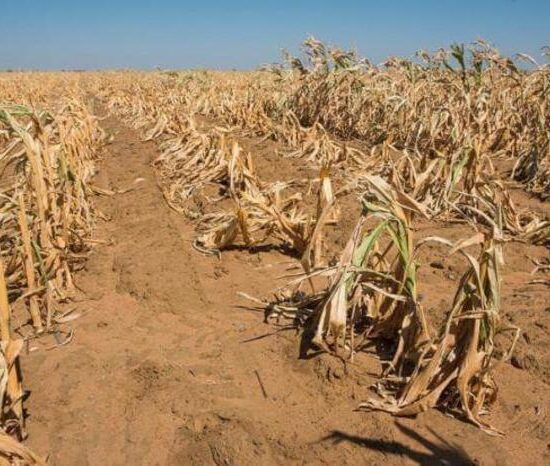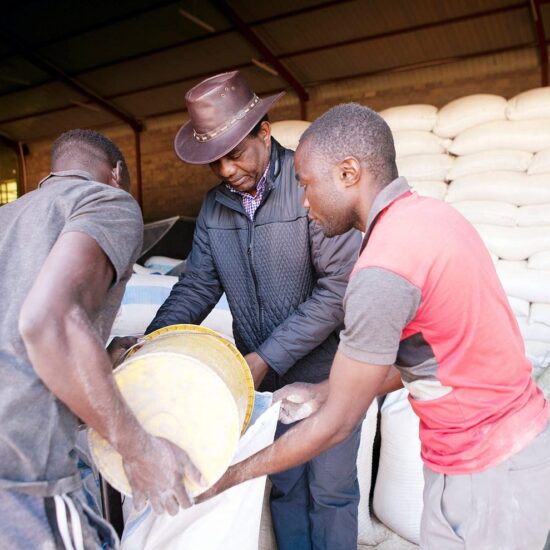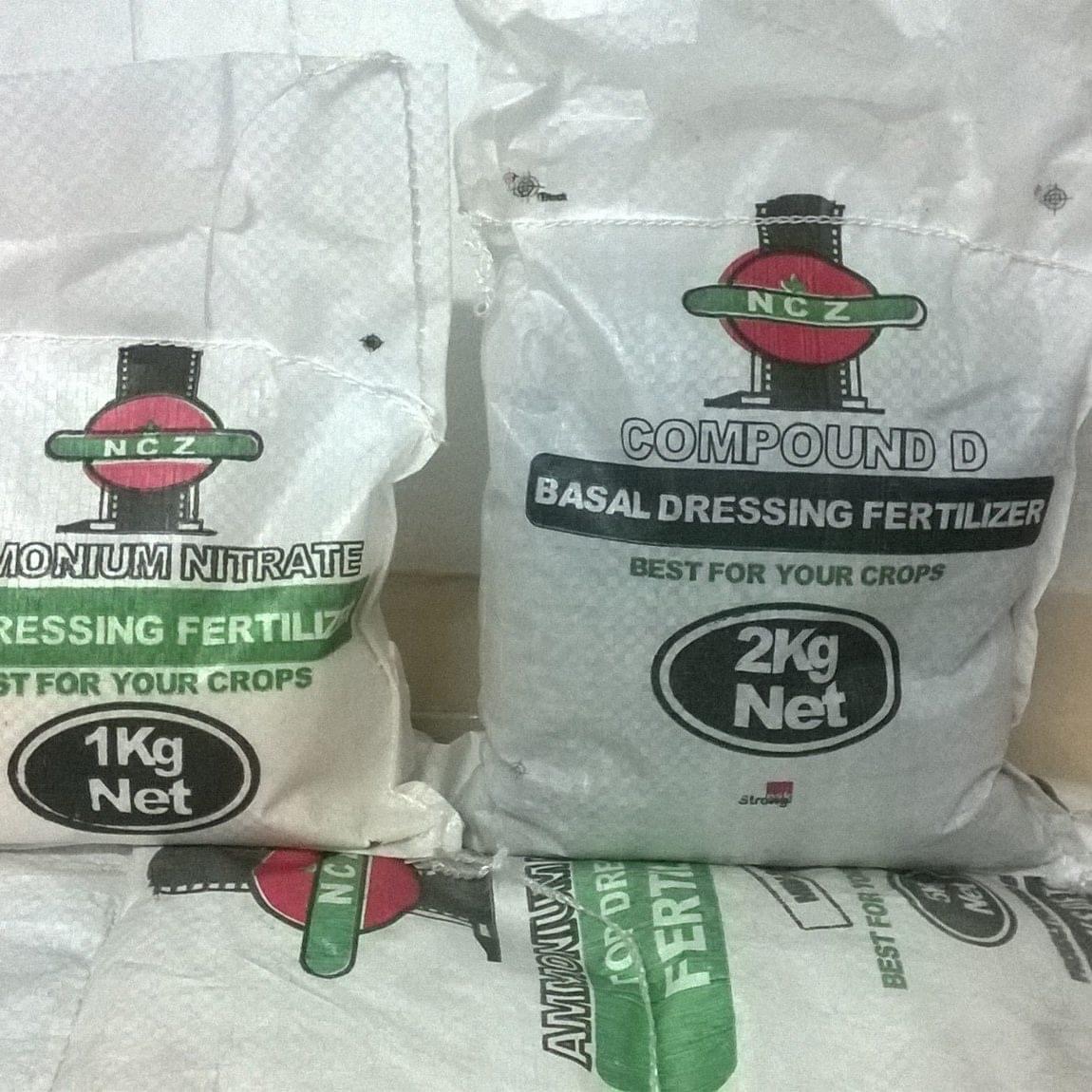
Zambia needs to urgently agree a more equitable and tangible bilateral trade deal with South Africa – SA and Saudi Arabia to arrest a skewed trade flow as the country embarks on more fertilizer imports to further push up its Agro production volumes for 2020/2021 season.
According to data obtained by the Zambian Business Times – ZBT from the Ministry of Agriculture, Nitrogen Chemicals of Zambia – NCZ is manufacturing and contributing a very small portion to the total national fertilizer requirements, resulting in most of the national requirements being satisfied via imports.
On average, for the past six agricultural seasons from 2015 to 2020, Zambia used about 177,000 metric tons of basal dressing fertilizer and 163,000 metric tons of top dressing fertilizer per year. In 2019/20 agricultural season, Zambia used about 200,000 metric tons of basal dressing fertilizer and about 190,000 metric tons of top dressing fertilizer. It means that majority of these supplies are being imported and partly explains why the local currency is perpetually depreciating.
Zambia currently imports the bulk of its basal dressing fertilizer from South Africa and while most imports of top dressing fertilizers come from South Africa, Saudi Arabia and Ukraine. The Ministry of Finance who are the custodians of the National treasury should be the first to set the example when it comes to import substitution and eventual cutting down of forex outflows which would aid the stabilization of the local currency – Kwacha.
Successive ministers of trade and their senior ministry permanent secretaries have failed to successfully engage South Africa to sign bilateral deals to enable Zambian products or even raw materials to be exported to that country. This is one way that net forex outflows can be reduced. The establishment of the Zambia – South Africa Business Council has yielded limited to no tangible results so far as trade flows continue to be one way.
And local Agro experts have told ZBT that NCZ has the potential to produce compound D fertilizer on a large scale but lack financial support to continuously modernize its equipment and fund its working capital. If NCZ is given these big fertilizer supply contracts and funding commitments by the treasury, they can use the contracts to obtain working capital and fund their urgent capital expenditure to fully revamp local fertilizer manufacturing.
Zambia only has one manufacturer of Compound D fertiliser – the Nitrogen Chemicals of Zambia (NCZ). The other three private companies that include Export Trading Group (ETG), the Zambian Fertilisers and Fertiliser Seed Grain (FSG) only specialise in blended fertilisers which incorporate various vital nutrients and also produce customised fertilizers.
Zambia at one time was self sufficient in production of both basal and top dressing bulk fertilizers cutting down the need for imports for products that could be manufactured locally. The country can use its available raw materials, central location and its more reliable and safer transit routes to manufacture and export fertilizer to vast regional markets such as Malawi, Angola, Democratic Republic of Congo and other surrounding countries.
